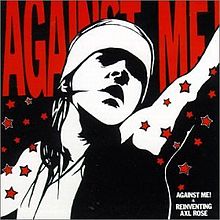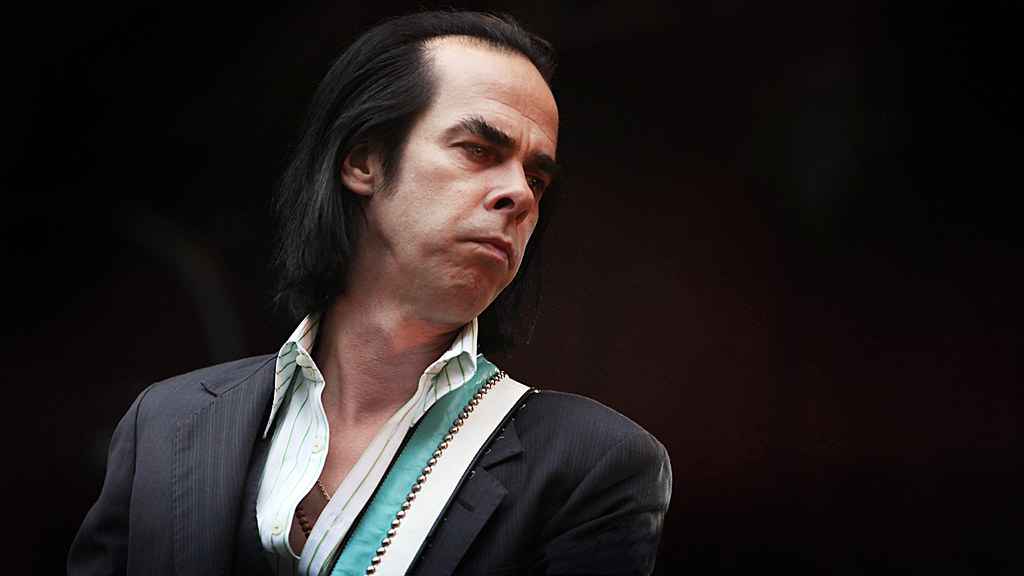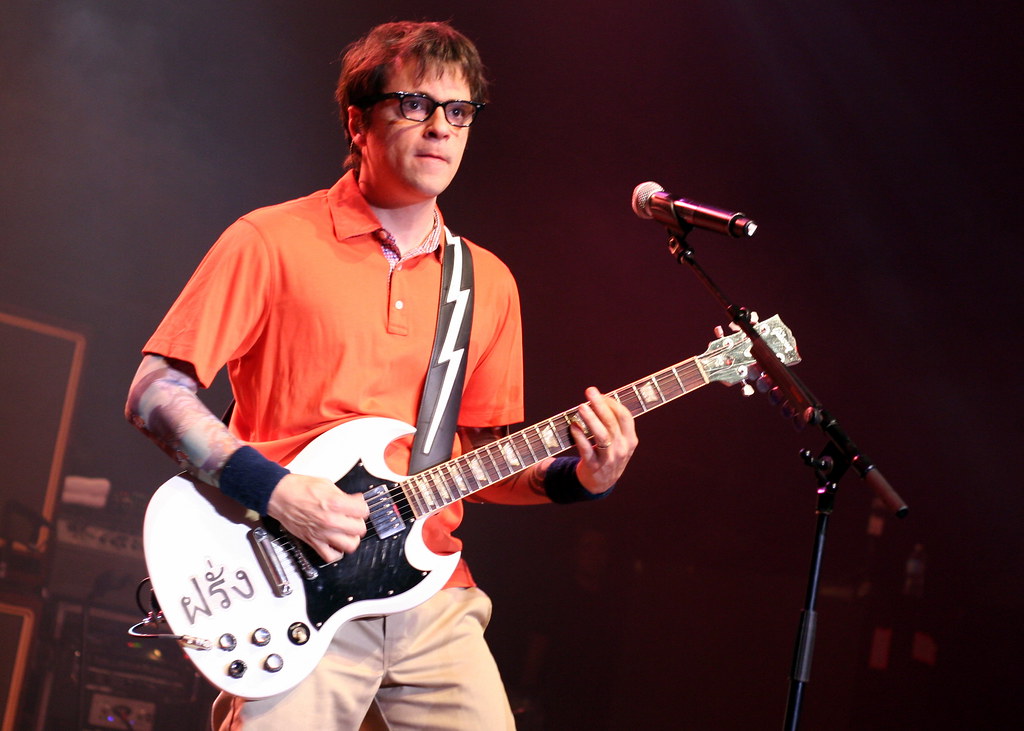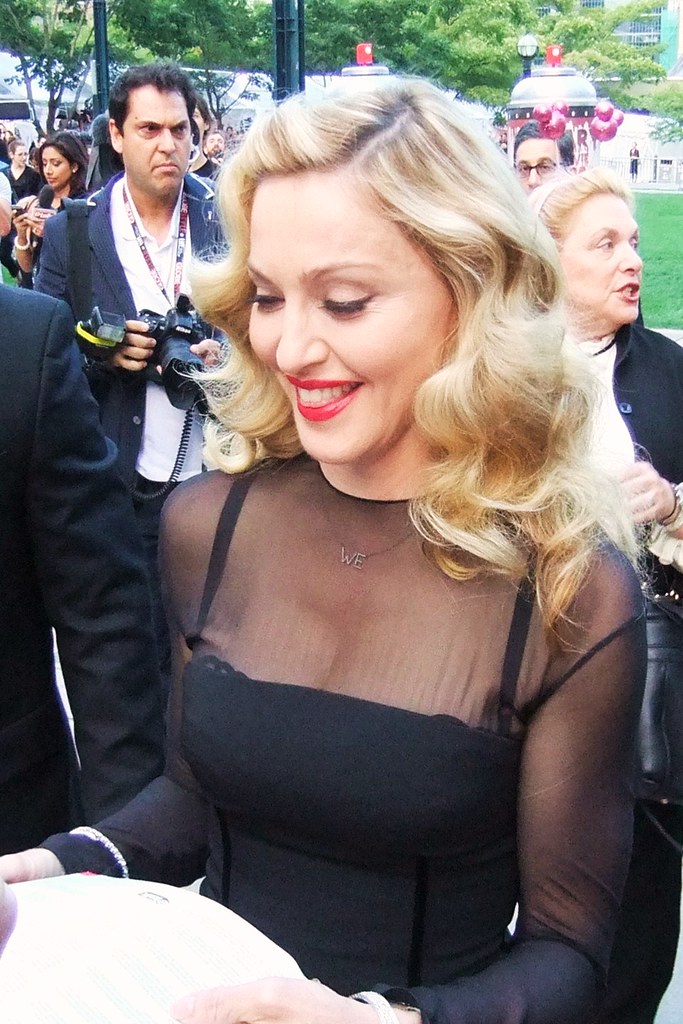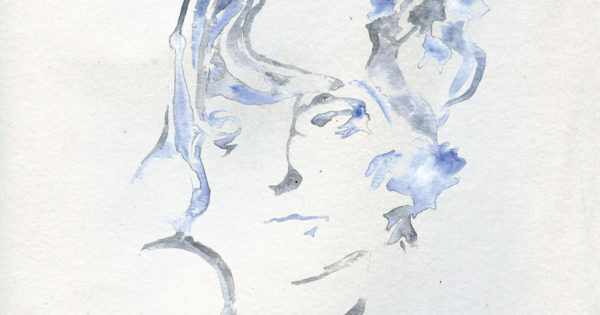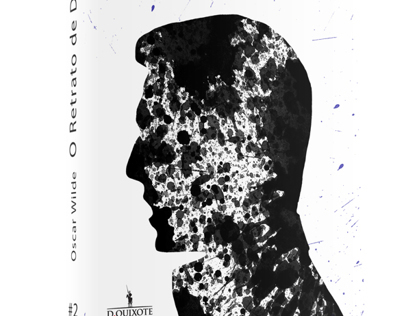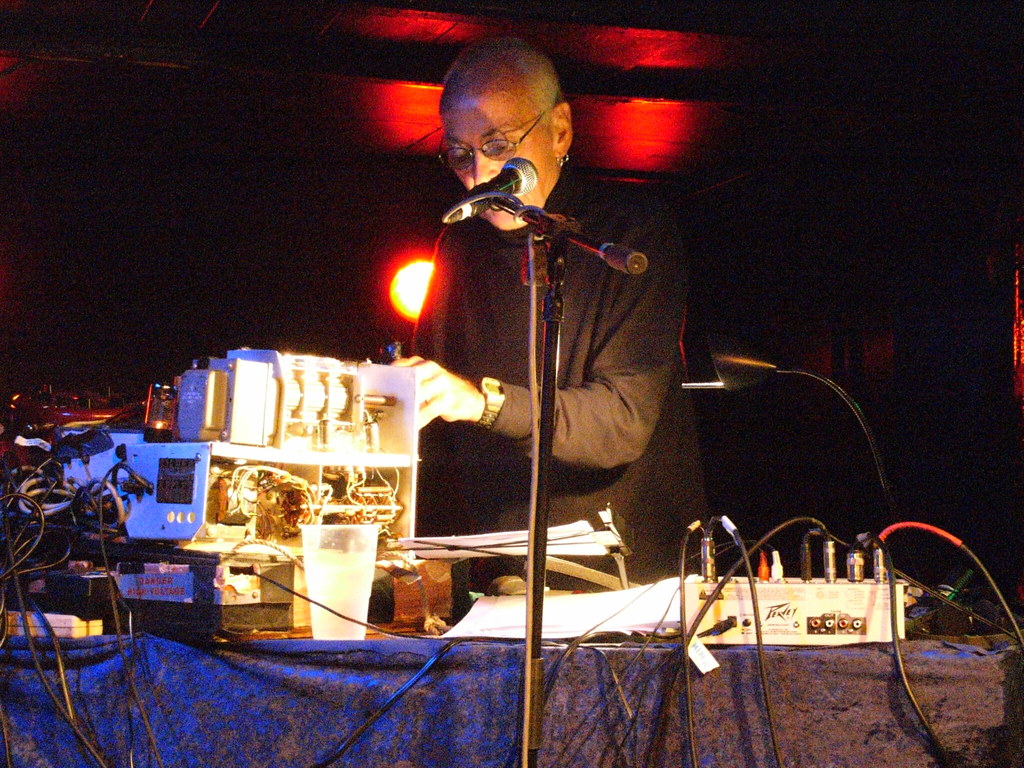Keeping abreast of all the latest buzzwords in music can be disorienting. The growth of internet subcultures has created a bourgeoning vocabulary of microgenres with differences too minute for the average normie to grasp. Metal is usually the butt of the jokes about this (blackened death-doom: a real genre name), but electronica is guilty of much the same sin. If you were to ask me to differentiate Chillwave, Synthwave, and Dreamwave I wouldn’t be able to give you much more than ‘I don’t know man, it’s kind of like Duran Duran with no hooks.’ I’m not sure whether the same can be said about Hyperpop. Love it or hate it, the music is… distinct.
Hyperpop is a quasi-genre of delusional gay screeching atop loud, sometimes unpleasant noises. Big names in the field include 100 Gecs, Charli XCX, Sophie (RIP), Dorian Electra, Slayyyter, Hannah Diamond, etc. The sound is polarizing. Many people love it, and just as many are utterly bewildered as to why someone would be interested in such an unquestionable train wreck of a music scene. Now, considering that delusional gay screeching is both my native genre and primary form of communication, I thought I’d take you on a trip through the historical roots of this kind of music, and see what it is that makes Hyperpop unique.
Industrial
Arguably the earliest precursor to Hyperpop is traditional industrial music. While heavily associated with 90s alternative metal and rock, the original wave of Industrial musicians worked in what we would now refer to electronic music. The progenitors of this sound, British group Throbbing Gristle, were fairly low-volume and subtle. The music was less punishing than the noise music that would come later, and the overall effect was more creepy than destructive. This style was initially tethered to art galleries and the weird hipster parts of West Germany, but it would spill over into dance and metal music in the 80s. Hyperpop sensibilities fall firmly into the dance music side of things, which is where the association between gay and trans subcultures and noise music first developed. Gay clubs in the Chicago area began playing exaggerated and energetic forms of early Industrial music and imported obscure experimental recordings from Europe into America for the first time. This “Wax Track” Industrial is an important touchstone for Hyperpop and related genres.
Electroclash
This is probably the most obvious forerunner to Hyperpop. Electroclash was a very small scene and has been talked to death, so I’ll be brief. At its core, this music is a stylistic fusion of 80s New Wave and 90s Techno that emerged in the early 2000s. It used the technology and sound palate of techno but was more geared towards song structures and weird artistic experiments, the artistic ethos of the new wave. Like New Wave, it also utilized visual and multi-media aspects, and a lot of the hype for Electroclash came as much from breakthroughs in fashion and video as it did from the music. As a result, the term was almost immediately rejected by those it described, and it has gone down as a quintessential example of blogosphere hype that the purveyors of Hyperpop might note.
Electropop
The most recent and significant influence on Hyperpop comes from the barely past-tense genre of Electropop. This is less a genre and more of a descriptor for a specific era in mainstream pop from around 2009-2012. This includes artists like Lady Gaga, Katy Perry, Kesha, and a host of less remembered and less liked imitators. If you do a quick survey of the age and, let’s be honest, sexuality, of most Hyperpop artists, you probably know where this is going. Most Hyperpop musicians would have been tweens to young adults when this hit the mainstream, and the nostalgia factor for this music bleeds over into Hyperpop. A defining feature of Electropop is the kind of surreal sincerity of its stars. All of these women gave off the impression that they were smarter than the music they made, but they did so without ironic detachment or devaluing trashy pop music. Lady Gaga was also many people of our generation’s introduction to the very concept of gay people, giving her music a kind of cultural importance to a lot of young queer people. I suppose Katy Perry introduced kids to queerness as well, but let’s just say “I Kissed a Girl,” is not even the most questionable song on that topic she released
Hyperpop
So now we get around to the history of Hyperpop itself, and to tell that we have to talk about one Mr. A.G. Cook and the PC Music label. Cook is the founder of PC Music, an indie label in Britain, and the proximate cause for this whole genre. He rose to prominence as the attaché and producer for Charli XCX, and his personal collaboration with SOPHIE cemented this status. From here, he has basically become the A&R master of Hyperpop, identifying relevant artists and networking them together While the label doesn’t have any big-name signees, the orbital of remixes and collaborations orchestrated by Cook encompass basically everyone who could conceivably be called Hyperpop.
Does any of this music have a future? Internet microgenres are pretty limited in their scope, and despite the insistence of many critics, it doesn’t appear any closer to the mainstream in 2021 than it was two years ago. Personally, I have my doubts about whether Hyperpop will ever become the dominant ethos of radio pop. However, this disguises something that’s perhaps relevant: the defining ethos of mainstream music is Hip-hop, and it has been for some time now. I am hardly the first to point out that mainstream pop radio is an increasingly desolate wasteland of people who are not actually famous. The only big names I can really think of to emerge from radio pop in the last 5 years are Dua Lipa, Lizzo, and Billie Eilish, and of those three, Lizzo got her start on the independent hip-hop circuit, and Billie Eilish would honestly be considered a Hyperpop artist if she didn’t have such universal support from the industry. Pop is rapidly becoming a secondary genre, in the vein of country, metal, and what little remains of rock, so why not declare that the independent artists are the scene? In that sense, Hyperpop isn’t Pop Music’s future, it’s pop music’s present.


